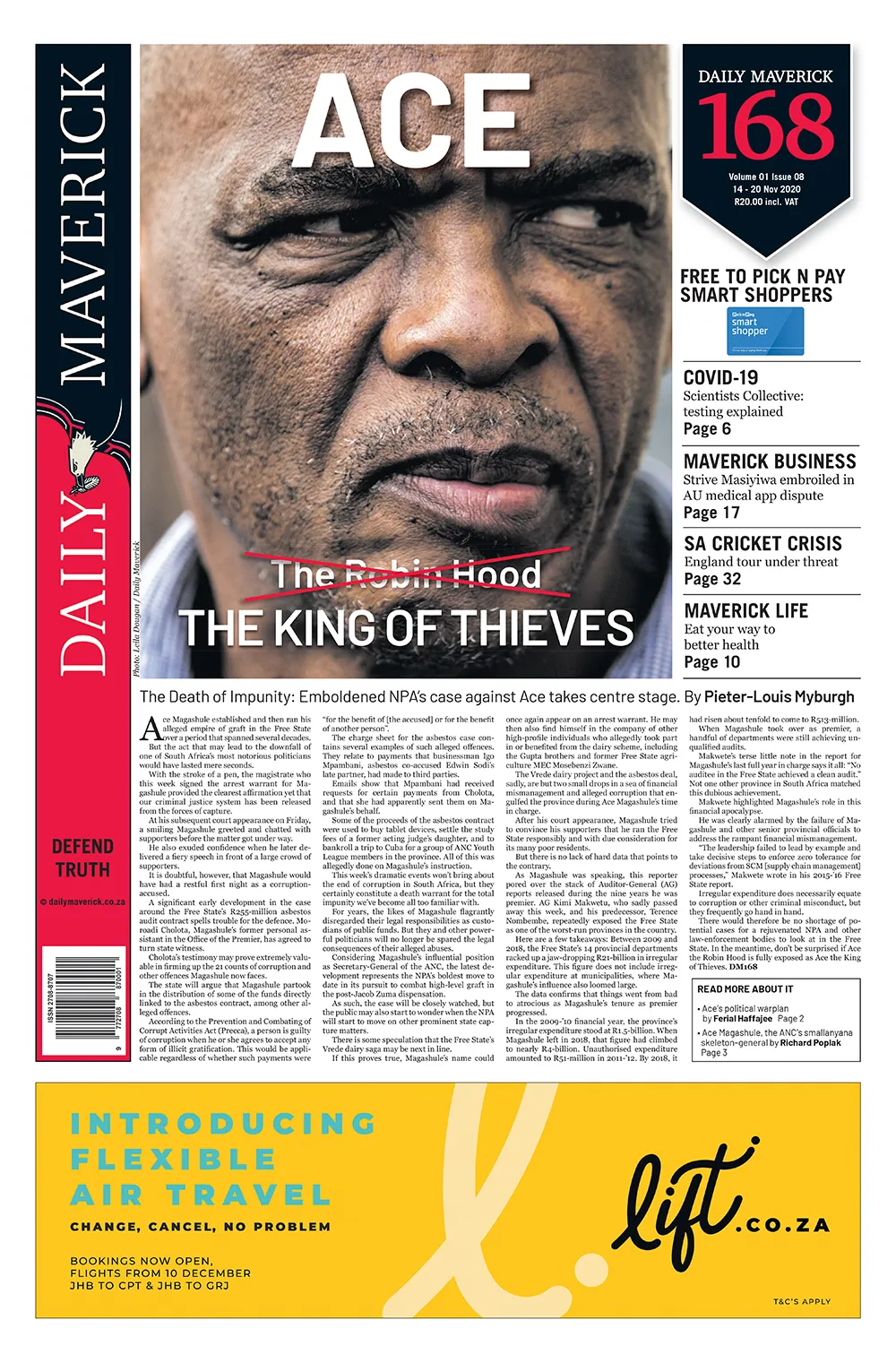First published in DM168
With the spectacular downfall of Trump this past weekend, we all reflected on all the things he symbolises such as xenophobia, white supremacy, imperialism, patriarchy and sexism, among many others. Throughout his life there is evidence that he views women as his playthings who only have value to the extent that they can pleasure him.
It is no wonder that Trump owned the Miss Universe pageant for nearly two decades. His creepy behaviour behind the scenes at Miss Universe is well documented. In 2015 Trump was forced to sell the pageant after his reprehensible comments about Mexicans drove away broadcasters.
Pageants have undoubtedly played a role in how Trump and many like him see and value women. I have not watched a beauty pageant since Jo-Ann Strauss won Miss South Africa in 2000. Even then I was ambivalent about beauty pageants. The perfect image the women portrayed was so unattainable that it was alienating rather than inspiring.
It seemed to me that the point of pageants is for women to internalise a value system that prizes them for their conventional youthful beauty. I recently watched Miss South Africa 2020. A lot has changed, but so much hasn’t. The pageant is less formal and more youthful. Back in the day when I used to watch it, almost all the contestants were tall and thin, and all the black contestants had weaves. It was nice to see in the 2020 iteration some variation in hair, height and background, although the dominant physique – tall and thin – is what we have come to expect of pageants.
Ten minutes into the pageant we dived straight into the swimwear section. This portion of the pageant is justified under the themes of “health and fitness” and “body positivity”. Cloaking superficial body display with body positivity is devious. Real body positivity would have been better exemplified by bigger women with unconventional bodies being able to show off and normalise their bodies in mainstream media. The swimsuit section has been preserved for ratings. People will always tune in to gaze at women’s bodies.
Beauty pageants use empowerment language that is so popular today while still maintaining the demeaning features that are harmful to women and make men like Trump believe that women are only here for their entertainment. If pageants today are about showcasing women as role models, why then does the contestant have to be unmarried, with no children, and have at the very least a matric or equivalent qualification? Can a young role model not be a mother or a high-school dropout? I have met many inspiring young women who do not have cookie-cutter lives but who are worthy of crowns.
I did find the question-and-answer segment in Miss South Africa 2020 relevant for a country’s search for a national role model. It is well known that contestants in beauty pageants are asked not to be controversial in their answers. Therefore, the answers were a bit generic and surface level. Twenty-five seconds is insufficient time to answer really big questions posed. Why is this segment so short? It comes across as an afterthought meant to ward off legitimate criticism against the idea of beauty pageants.
The message I still got from watching the Miss South Africa all these years later is that it seeks perfection from its participants. Its idea of the perfect woman is young, smiley, articulate, unmarried, thin, tall, agreeable and beautiful. A peppering of diversity and empowerment language on an archaic institution designed to demean women does not make today’s pageant revolutionary. What would be revolutionary would be abolishing beauty pageants. DM168
You can get your copy of DM168 at these Pick n Pay stores.




















Come, come, let’s have some fun and put male bodies on display too. We also want to be objectified!
And cut out the pretense: drop those window-dressing questions about contestants’ opinions of what is wrong with the world and how they’re going to fix it.
Early beauty pageants were simply about enjoying beauty; what’s wrong with that?